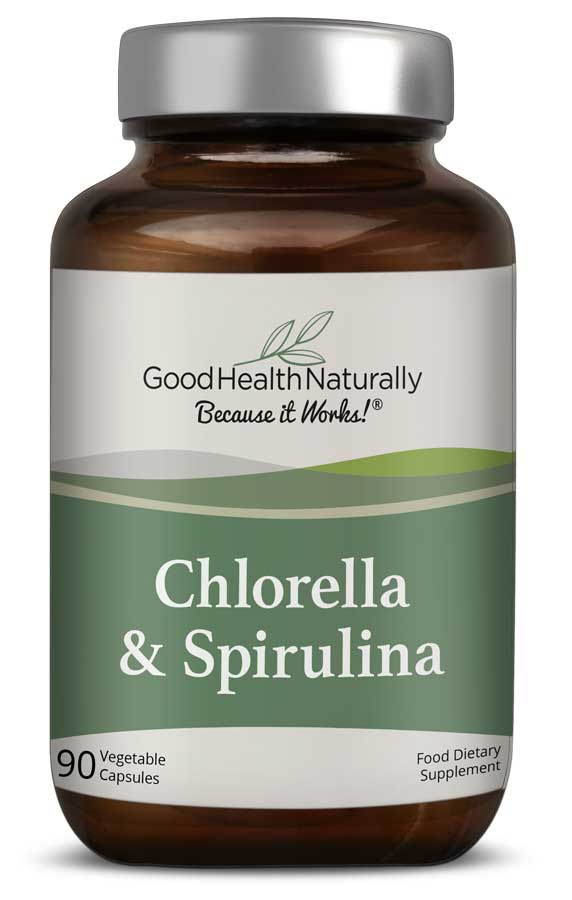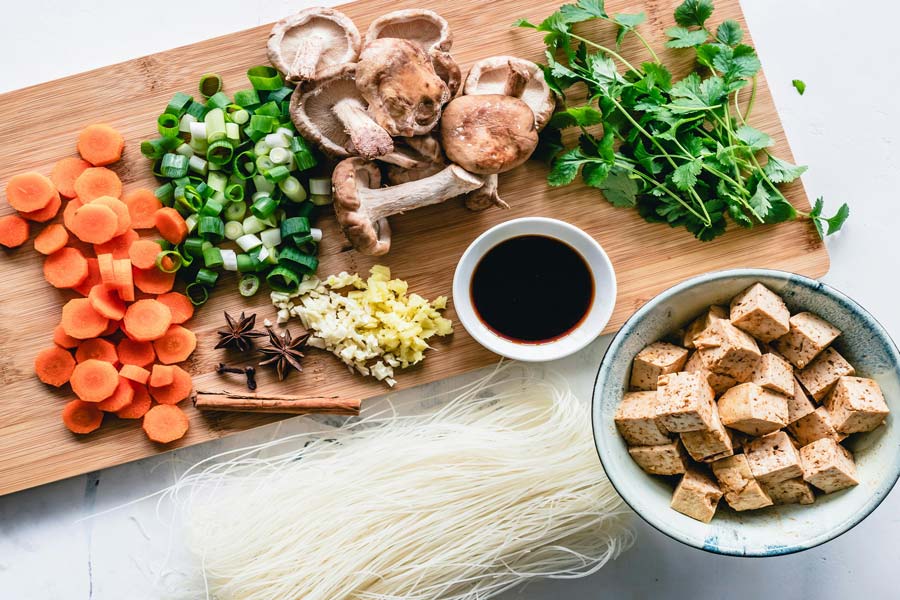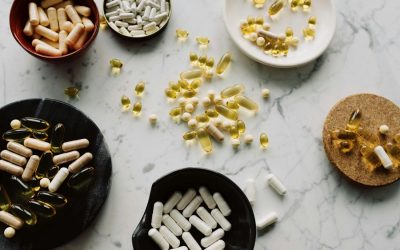Switching to a vegan or vegetarian diet means paying attention to your protein intake to maintain optimal health. Knowing the best sources of vegan protein can help you meet your nutritional needs while enjoying a diverse and delicious diet. In this guide, we’ll cover 12 nutrient-rich foods that are excellent plant-based protein sources, plus explain how much protein you really need.
Why Protein Matters on a Vegan Diet
Protein is essential for building and repairing tissues, supporting immune function, and maintaining muscle mass. While many associate protein primarily with animal products, a variety of plant foods provide ample protein when consumed in sufficient amounts. Understanding the best sources of vegan protein ensures you can meet daily protein requirements without relying on animal products.
How Much Protein Do We Really Need?
The average adult needs around 0.8 grams of protein per kilogram of body weight daily. For example, a person weighing 70 kg would require about 56 grams of protein each day. However, needs can vary based on age, activity level, and health goals. Plant proteins are often less concentrated than animal proteins, so vegans should aim to consume a variety of protein-rich foods throughout the day.
Top 12 Best Sources of Vegan Protein
1. Lentils Lentils are a powerhouse of plant protein, providing about 18 grams per cooked cup. They are also rich in fibre, iron, and folate, making them a staple in many vegan diets. Lentils are versatile and can be used in a variety of dishes, including soups, stews, salads, and even veggie patties.
2. Chickpeas (Garbanzo Beans) Chickpeas offer approximately 15 grams of protein per cooked cup. They are not only protein-rich but also high in fibre and micronutrients like manganese and folate. Chickpeas can be roasted as a snack, mashed into hummus, or added to salads and curries.
3. Quinoa Often called a “complete protein,” quinoa contains all nine essential amino acids. One cooked cup has approximately 8 grams of protein and is also rich in fibre, magnesium, and antioxidants. Quinoa makes an excellent base for salads, bowls, and side dishes.
4. Tofu Made from soybeans, tofu is a concentrated source of protein, containing approximately 10 grams per 100 grams (roughly half a cup). It’s highly versatile, absorbing flavours well and suitable for grilling, stir-frying, or blending into smoothies.
5. Tempeh Fermented soybeans are used to make tempeh, which provides approximately 19 grams of protein per 100 grams. Tempeh has a firm texture and nutty flavour and can be marinated, grilled, or added to salads and sandwiches.
6. Edamame Young soybeans, known as edamame, provide about 17 grams of protein per cooked cup. These can be steamed, boiled, or added to stir-fries and salads for a tasty protein boost.
7. Chia Seeds Though small, chia seeds pack about 4.7 grams of protein per two tablespoons, alongside omega-3 fatty acids and fibre. They’re excellent for thickening smoothies, making puddings, or sprinkling over cereal.
 8. Hemp Seeds Hemp seeds contain approximately 10 grams of protein per three tablespoons. They are also rich in essential fatty acids and minerals. Hemp seeds can be sprinkled on salads, added to smoothies, or incorporated into baking.
8. Hemp Seeds Hemp seeds contain approximately 10 grams of protein per three tablespoons. They are also rich in essential fatty acids and minerals. Hemp seeds can be sprinkled on salads, added to smoothies, or incorporated into baking.
9. Nutritional Yeast This deactivated yeast is a vegan favourite, offering around 8 grams of protein per two tablespoons. Nutritional yeast has a cheesy flavour and is often used as a seasoning or cheese substitute on popcorn, pasta, and sauces. Nutritional yeast is often fortified with vitamin B12, making it a valuable vegan source of nutrients.
10. Spirulina Spirulina, a blue-green algae, contains approximately 8 grams of protein per two tablespoons. It’s also a rich source of B vitamins and antioxidants. Spirulina is typically added to smoothies or juices or can be taken in capsules for convenience.
11. Nuts and Nut Butters Almonds, peanuts, cashews, and their butters provide 5–8 grams of protein per serving. In addition to protein, nuts provide healthy fats, vitamins, and minerals. They are perfect as snacks or mixed into meals for extra texture and nutrition. 12. Beans (Black, Kidney, Pinto) Beans provide 15 grams of protein per cooked cup and are also rich in fibre and various micronutrients. They are versatile ingredients for soups, salads, dips, and stews.
Tips for Maximising Plant-Based Protein Intake
- Mix and match different protein sources throughout the day to ensure all essential amino acids are covered.
- Include whole grains, such as brown rice, oats, and barley, alongside legumes and seeds.
- Combine nutrient-dense snacks such as nuts, seeds, and nutritional yeast.
- Pay attention to portion sizes to consistently meet your protein needs.
Final Thoughts on the Best Sources of Vegan Protein
Including a variety of these 12 plant-based protein sources in your diet can help you achieve balanced nutrition on a vegan or vegetarian lifestyle. By understanding your protein requirements and selecting a variety of foods, you can support muscle health, maintain optimal energy levels, and promote overall wellness. Remember, the best sources of vegan protein are those that align with your tastes and lifestyle, making it easier to stick to a nourishing, plant-based diet in the long term.




